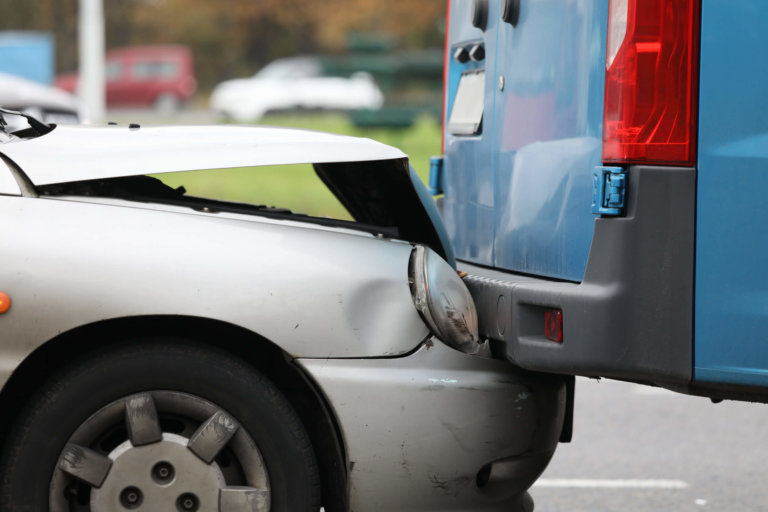Filing auto insurance claims in New Jersey can be a complicated process. Before you begin filing your claim, you must determine the type of insurance policy you purchased because that can impact your ability to sue another driver for damages.
New Jersey is a no-fault insurance state, which also should simplify the insurance claims process. Unfortunately, that is not always the case. If you have questions about a car accident case, your best step is to check with a New Jersey personal injury attorney before filing your claim.
Steps to Take After a Car Accident in New Jersey
Before filing an insurance claim, you need to take the following steps to protect your legal rights.
- Report the car accident to the police. All accidents that result in more than $500 in property damage, death, or injury must be reported. Calling 911 is usually the easiest way to report the accident. Having an official police report is helpful when filing an insurance claim.
- Do not admit fault at the accident scene. Remember, apologizing or saying you are sorry could be interpreted as an admission of fault.
- If possible, take photographs of the accident scene and make a video using your cell phone or another device. Also, ask bystanders and witnesses for their names and contact information.
- As soon as possible, see a doctor. You need to document your injuries quickly. Follow through with your doctor’s treatment plan and keep detailed notes about your recovery.
Following the above steps can help you build a stronger case for full compensation for your accident injuries, financial losses, and other damages.
New Jersey is a No-Fault Insurance State for Car Crashes
The first step in most insurance claims is to file a claim with your no-fault insurance provider.
New Jersey requires that all drivers purchase a minimum of $15,000 in PIP insurance coverage. PIP or Personal Injury Protection insurance coverage is a no-fault policy. It pays benefits under the policy regardless of who caused the car accident.
When a car accident causes your injuries, you can file a claim with your insurance provider under your PIP coverage. Your PIP coverage reimburses you for reasonable and necessary medical care related to your accident injuries. You may also receive reimbursement for income loss and up to $12 per day to hire someone to help with household services, such as doing your laundry, washing dishes, or mowing the lawn.
However, PIP benefits are limited. They do not compensate you for all damages. Depending on the type of insurance policy you chose and your injuries, you could file an insurance claim against the other driver.
Filing an Insurance Claim Against the At-Fault Driver
Even though New Jersey is a no-fault insurance state, you could have a claim against the other driver. The type of policy you purchased may limit your right to sue. Drivers may purchase a standard policy or a basic policy for car insurance and purchase a policy with an unlimited right to sue.
If you sustained a permanent disability, amputation, loss of a fetus, displaced fracture, or significant scarring or disfigurement, you may be able to sue for all damages caused by the crash, including pain and suffering damages.
Contact a New Jersey Personal Injury Attorney for Help
In many cases, you can settle your car accident claim directly with the insurance provider. However, in cases involving disputes regarding who caused the crash or severe injuries, it is generally in your best interest to consult with a New Jersey personal injury attorney before filing an insurance claim. Contact our office today.

